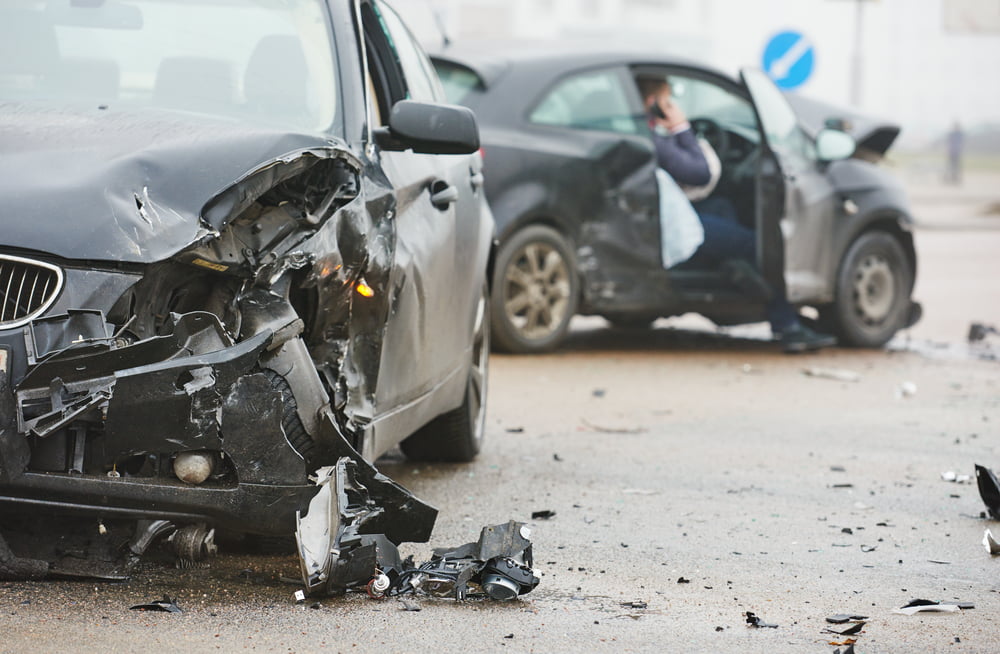After serving the sentence and driving ban of a maximum of a number of years, it is very easy in our country to simply pick up your 'pink paper' and get behind the wheel.
In a terrible traffic drama in Oud Gastel in September of this year, two mothers and two children were killed and a third child was injured. The perpetrator was a reckless driver who flouted all traffic rules in a rental car at more than three times the speed limit. The first court hearing was held on Thursday 15 December. Although no justice can be done in any way to the immense suffering of the relatives, the (provisional) charge of the Public Prosecution Service is substantial: manslaughter of the four occupants and attempted manslaughter of the fifth victim.
The public prosecutor explained that the perpetrator was already in the picture just before the fatal accident, that he got behind the wheel again after a previous conviction in which his driver's license was taken away and that there are indications that he was involved in accidents in Spain and Morocco.
How is it possible that we cannot better protect our society against these types of serious traffic offenders? After serving the sentence and driving ban of a maximum of a number of years, it is very easy in our country to simply pick up your 'pink paper' and get behind the wheel.

Driving behavior is no longer monitored by, for example, the Probation Service. This is in contrast to what happens after other crimes, where the convicted person is only allowed to re-enter society under strict conditions and under supervision. After all, recidivism is imminent and society must be protected against it as much as possible. This should also apply after a traffic offence. Because even reckless drivers often fall back into old patterns. That is and remains unacceptable.
These traffic offenders, especially if they have made victims, should not be allowed to drive a car again until experts have determined that driving a car can really be entrusted to them. When they realize that you are not only responsible for yourself in traffic, but also for others. That is what I continue to strive for. So that new road casualties can be prevented and the suffering caused is better recognized, says Ineke Sybesma, director Victim Support Fund.



